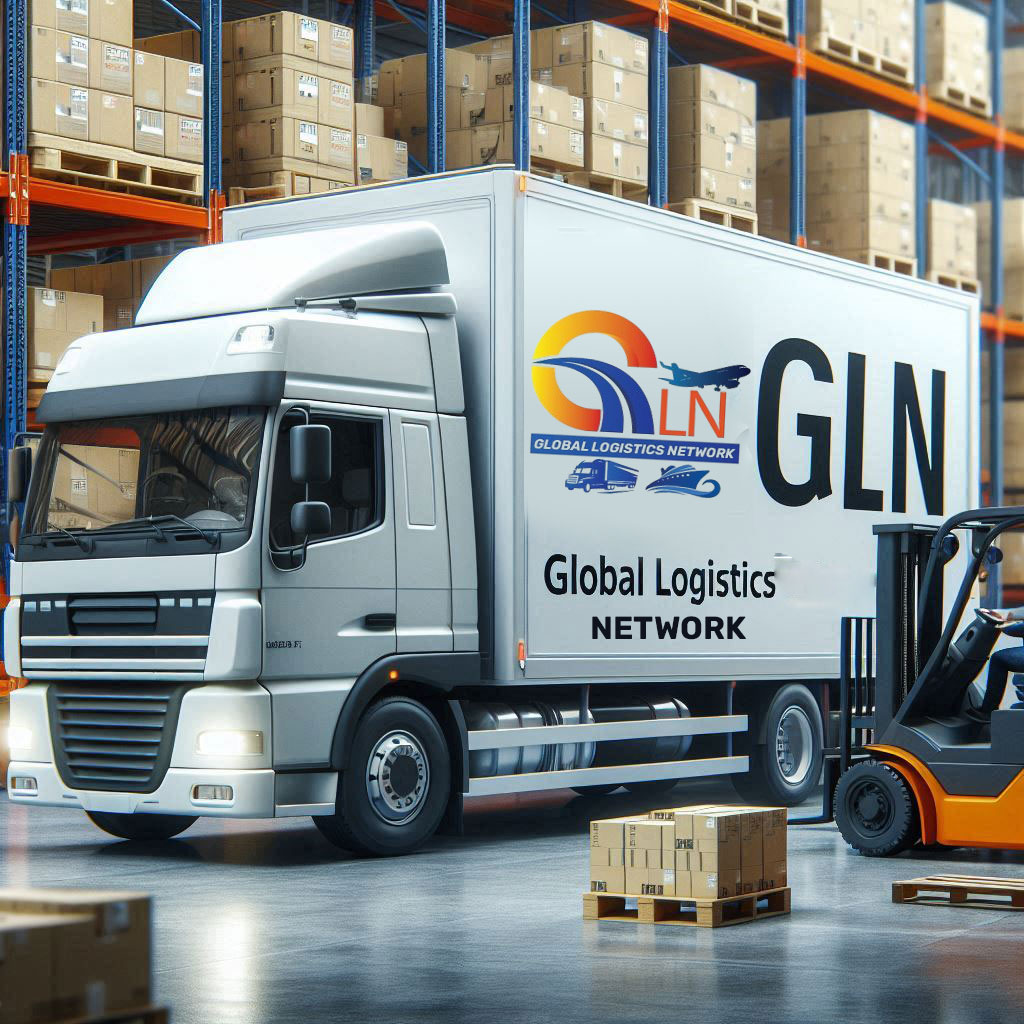GLN Logistics Company: Pioneering the Future with Web3 and Blockchain Technology
GLN Logistics is a cutting-edge logistics company that is at the forefront of integrating advanced technologies such as Web3 and blockchain into the traditional supply chain and logistics industry. With the rapid evolution of global trade and the increasing complexity of supply chains, the need for secure, efficient, and transparent systems is more important than ever. GLN Logistics recognizes these challenges and leverages modern digital solutions to create value for its customers, stakeholders, and partners worldwide.
Overview of GLN Logistics
Founded with the vision to revolutionize logistics management, GLN Logistics provides comprehensive supply chain solutions, including warehousing, freight forwarding, transportation management, and last-mile delivery. The company operates in various industries, such as manufacturing, retail, e-commerce, and healthcare, tailoring its services to the specific needs of each sector. With an emphasis on customer satisfaction, GLN aims to enhance operational efficiency while reducing costs and improving delivery times.
-
The Role of Web3 in GLN's Operations: Web3, often referred to as the decentralized web, marks the next phase of the internet’s evolution. It is built on decentralized networks and blockchain technologies, enabling peer-to-peer interactions without the need for intermediaries. GLN Logistics has embraced Web3 to improve the transparency, security, and speed of its supply chain processes.
Through Web3, GLN Logistics can streamline various operations, including contract management, real-time tracking, and dispute resolution. The decentralized nature of Web3 ensures that no single entity controls the data, fostering trust among stakeholders. For example, GLN utilizes decentralized applications (dApps) that allow customers and partners to interact directly, facilitating seamless communication and reducing administrative overhead. Additionally, smart contracts, a key feature of Web3, enable GLN to automate processes such as payments, order fulfillment, and contract enforcement, making operations more efficient and less prone to human error.
- Blockchain Technology & Enhancing Transparency and Security : At the heart of GLN Logistics’ transformation is blockchain technology, which offers a secure and immutable way to record transactions and share data. By utilizing blockchain, GLN addresses one of the most pressing issues in the logistics industry: the lack of transparency and traceability in supply chains.
Blockchain's distributed ledger system ensures that every transaction, from the moment goods leave the warehouse to their final delivery, is recorded in a tamper-proof manner. This level of transparency allows all parties involved—suppliers, manufacturers, distributors, and customers—to track shipments in real-time. In addition to real-time tracking, blockchain enhances accountability by providing an auditable trail of activities, ensuring that every transaction is visible and verifiable by all stakeholders.
Security is another area where blockchain shines. Traditional logistics systems are often vulnerable to fraud, cyberattacks, and data breaches. However, blockchain’s encryption and decentralization reduce these risks, making it nearly impossible for malicious actors to alter or falsify records. This feature is especially critical for industries such as pharmaceuticals, where the integrity of the supply chain is crucial for ensuring the safety and authenticity of products.
- Smart Contracts and Efficiency Gains : One of the most transformative aspects of GLN’s adoption of blockchain is the use of smart contracts. These self-executing contracts are programmed to execute predefined actions when certain conditions are met. For instance, once a shipment reaches its destination, a smart contract can automatically trigger the release of payment, eliminating the need for intermediaries and reducing delays.
Smart contracts also play a pivotal role in dispute resolution. Traditional logistics systems often involve lengthy processes to settle disputes over lost or damaged goods. However, with smart contracts, the terms of the contract are encoded into the blockchain, and any deviations from these terms are immediately evident. This minimizes disputes and speeds up resolution times.
- Sustainability and Future Outlook : GLN Logistics is not only focused on operational efficiency but also on sustainability. By using blockchain and Web3 technologies, the company reduces its environmental impact by cutting down on paper-based processes, optimizing transportation routes, and minimizing waste through better inventory management.
Looking forward, GLN Logistics is committed to further integrating blockchain and Web3 technologies into its operations. The company envisions a future where fully decentralized logistics networks can operate autonomously, providing faster, more reliable, and cost-effective services. In addition, GLN is exploring the use of IoT (Internet of Things) devices, powered by blockchain, to further enhance real-time tracking and condition monitoring of goods.
 Global Logistics Network
Global Logistics Network
 Global Logistics Network
Global Logistics Network




















 Global Logistics Network
Global Logistics Network